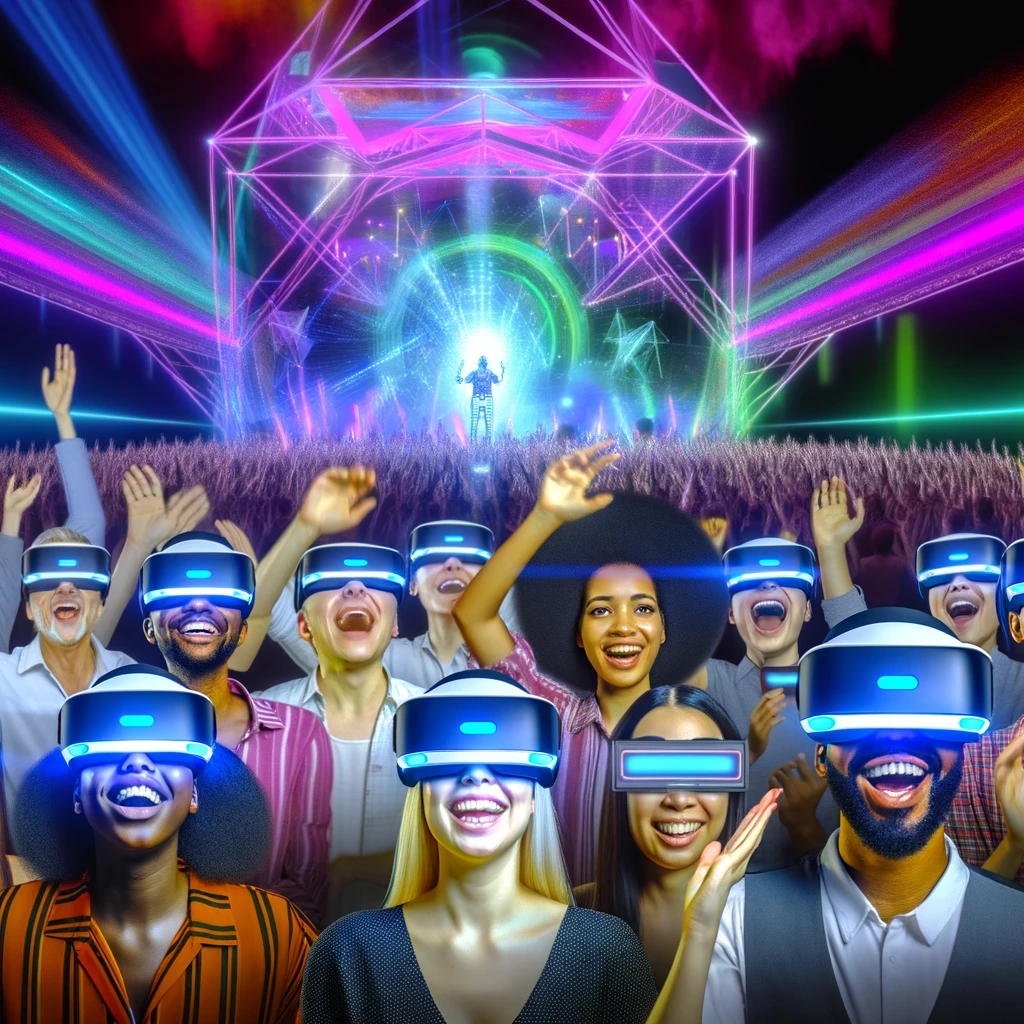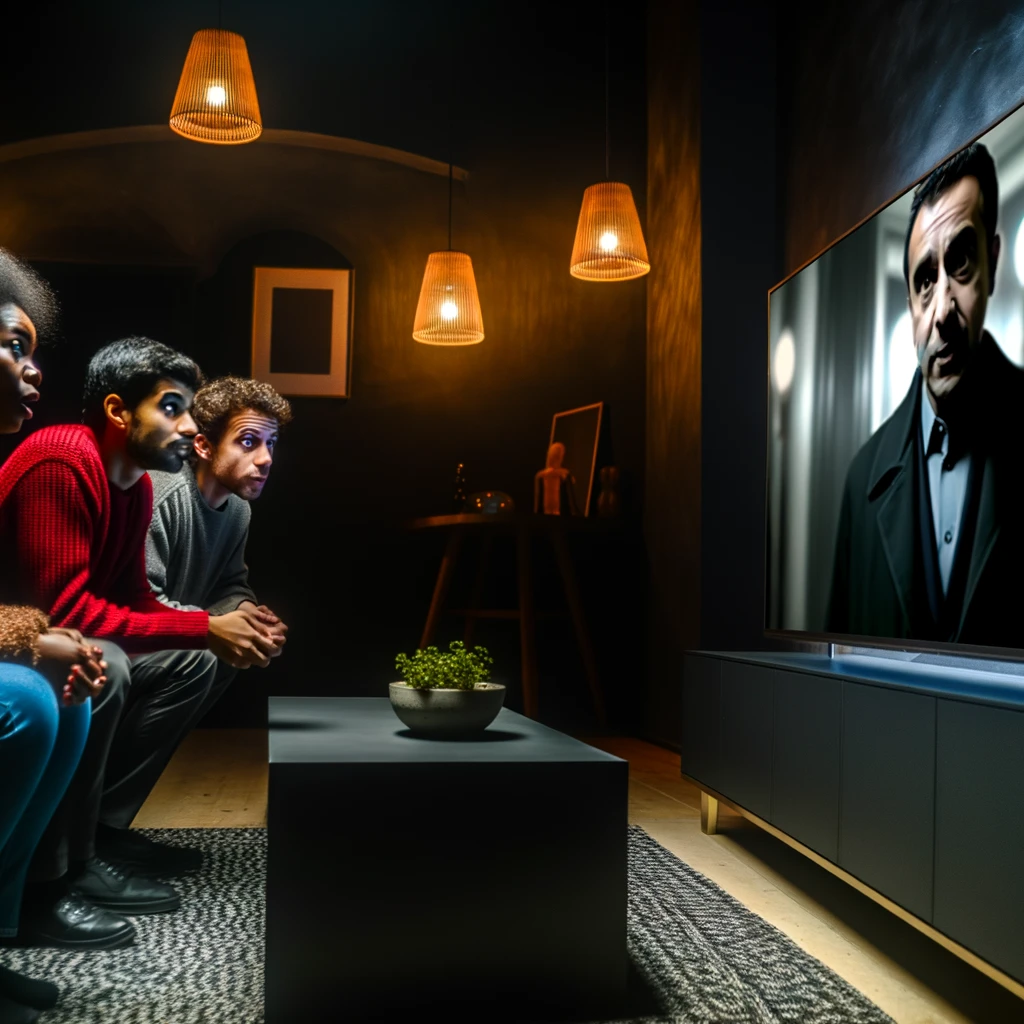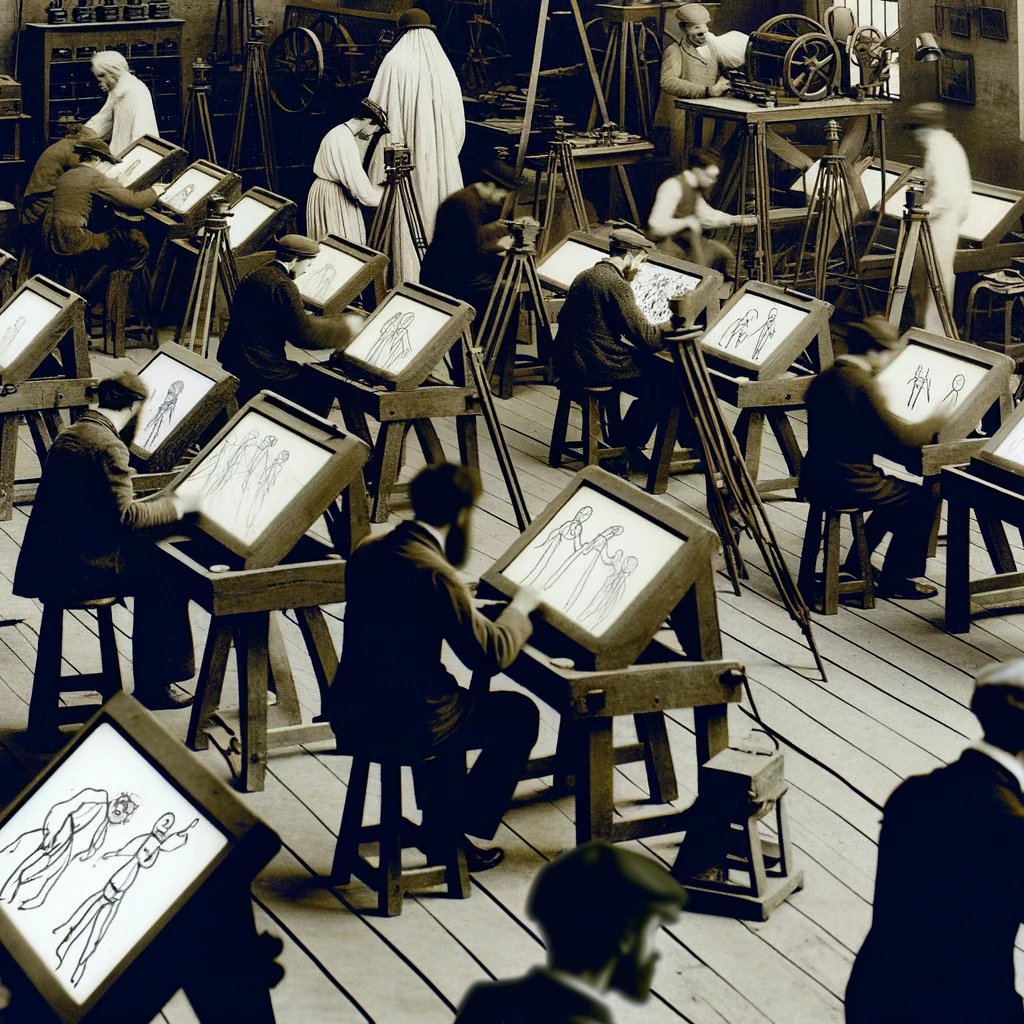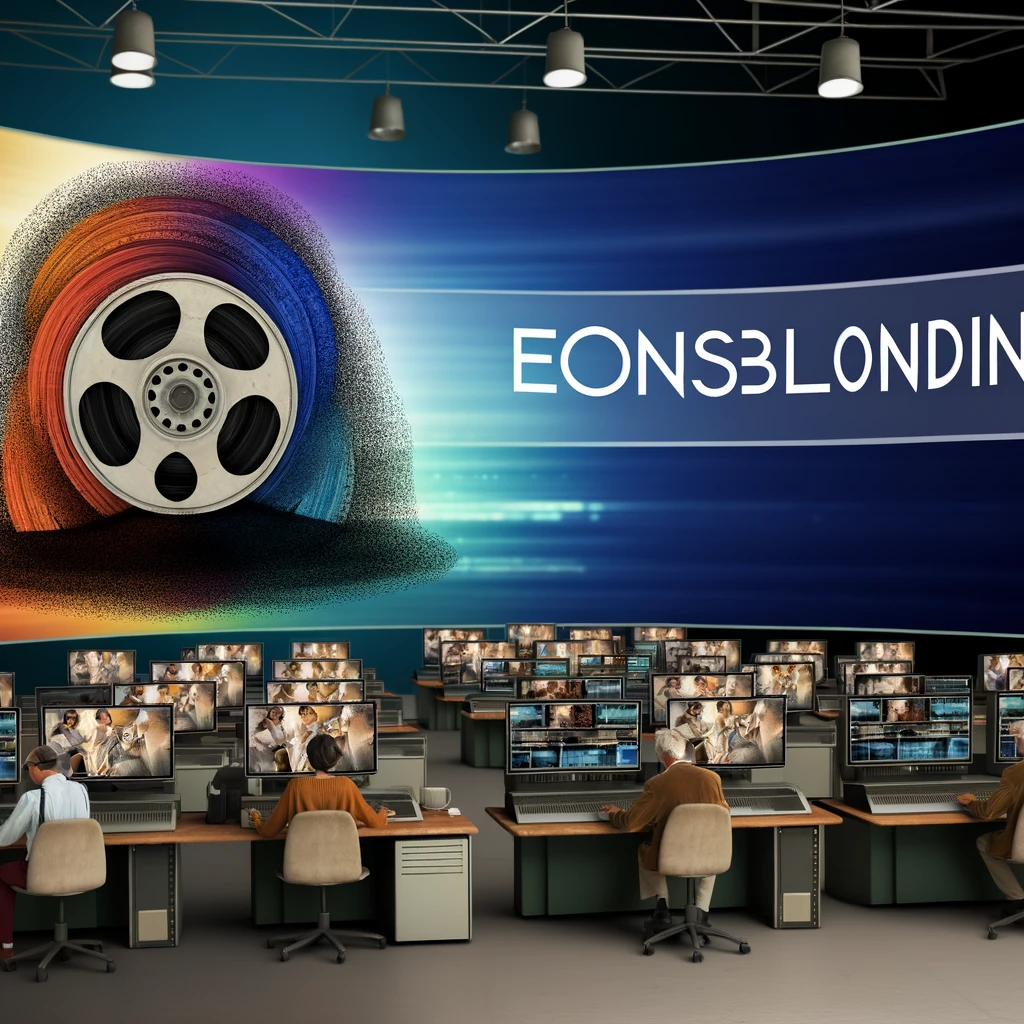
Introduction
In recent years, virtual reality (VR) has transformed from a niche technology into a mainstream phenomenon, influencing various sectors, including the music industry. With the advent of VR concerts, artists and fans alike are experiencing a new dimension of live music. This article explores how virtual reality concerts are revolutionizing the live music scene and what the future holds for this innovative approach.
The Rise of Virtual Reality in Music
Virtual reality has made significant strides in enhancing entertainment experiences. As VR technology becomes more accessible and affordable, artists are leveraging it to create immersive concert experiences. These virtual performances allow fans to enjoy live music from the comfort of their homes, breaking geographical barriers and creating a global reach.
Benefits for Artists and Fans
For artists, VR concerts offer a platform to reach wider audiences without the logistical challenges of traditional tours. Fans benefit from VR concerts by experiencing live performances in an intimate and interactive setting, complete with advanced visual and auditory effects that might be impossible in a physical venue.
Technological Innovations Driving VR Concerts
The success of VR concerts hinges on several key technological innovations. High-resolution VR headsets, spatial audio systems, and motion capture technology are pivotal in creating realistic virtual environments. Platforms like Oculus, HTC Vive, and Sony PlayStation VR are at the forefront of delivering high-quality VR experiences.
Interactive Features
VR concerts are not just about watching a performance; they offer interactive features that enhance fan engagement. Virtual meet-and-greets, customizable avatars, and real-time social interactions with other attendees are redefining the concert-going experience.
Challenges and Opportunities
Despite the promising potential, VR concerts face several challenges. Technical limitations, such as latency and hardware requirements, can impact the user experience. Additionally, monetization strategies for artists and platforms are still evolving. However, the opportunities for innovation and growth in this space are vast.
Future Prospects
The future of VR concerts looks promising as technology continues to advance. As 5G networks expand and VR hardware improves, we can expect more seamless and immersive experiences. Moreover, the integration of augmented reality (AR) features could further enhance these virtual events, blending digital and physical worlds.
Conclusion
Virtual reality concerts represent a significant shift in how we experience live music. While traditional concerts will always hold a special place, VR offers a complementary alternative that expands possibilities for artists and fans alike. As technology continues to evolve, the potential for VR concerts to become a staple in the music industry is undeniable.
Related Articles





